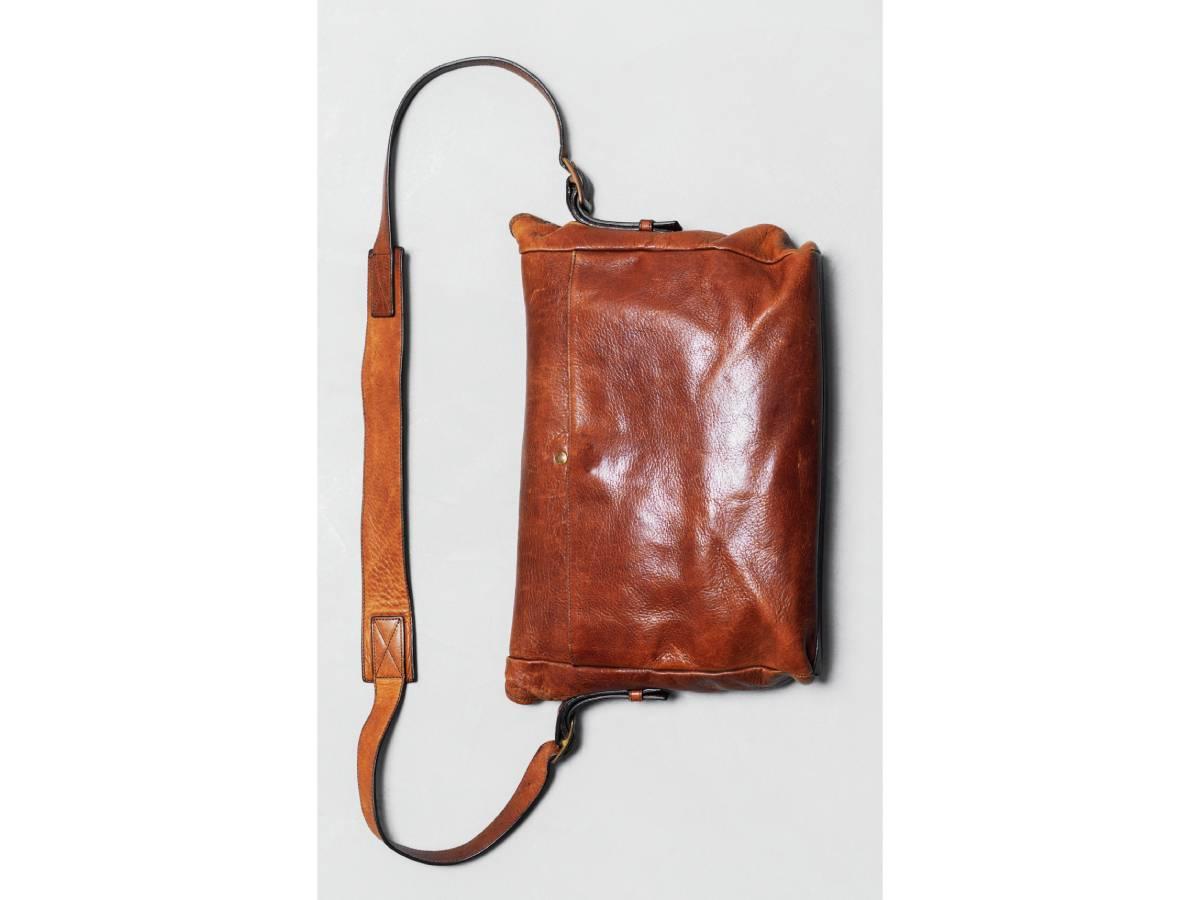Sustainable Style: Tsuchiya Kaban's Reuse Program Revolutionizes the Luxury Bag Market
Introduction:
The luxury goods industry is increasingly under scrutiny for its environmental impact. But what if a high-end brand offered a solution? Tsuchiya Kaban, renowned for its exquisite handcrafted bags, is leading the charge with its innovative reuse program, challenging the "fast fashion" mentality and paving the way for a more sustainable future in luxury. This program isn't just about recycling; it's about reimagining the lifecycle of luxury goods, promoting circularity, and ultimately, reducing waste.
Tsuchiya Kaban: A Legacy of Craftsmanship and Sustainability
Tsuchiya Kaban, a Japanese brand synonymous with quality and longevity, has always prioritized craftsmanship. Their bags are known for their enduring design and exceptional durability, a key factor in their commitment to sustainability. But their commitment extends beyond simply creating long-lasting products; it's woven into their business model.
The Core Principles of Tsuchiya Kaban's Reuse Program
The heart of Tsuchiya Kaban's reuse program lies in its commitment to:
- Extending the lifespan of their products: Instead of ending up in landfills, pre-loved Tsuchiya Kaban bags get a second life.
- Reducing waste: By repairing and repurposing bags, the brand significantly reduces its environmental footprint.
- Promoting circularity: The program fosters a closed-loop system, minimizing the need for new materials and manufacturing.
- Maintaining quality and craftsmanship: Repaired bags are meticulously restored to their former glory, maintaining the brand's high standards.
How Tsuchiya Kaban's Reuse Program Works
The process is simple yet effective:
- Collection: Tsuchiya Kaban accepts pre-loved bags in good condition, regardless of minor wear and tear.
- Inspection and Assessment: Expert artisans carefully inspect each bag to assess its condition and determine the necessary repairs.
- Repair and Restoration: Skilled craftspeople meticulously repair any damage, ensuring the bag returns to its original quality. This may involve replacing hardware, patching minor tears, or cleaning and conditioning the leather.
- Resale or Repurposing: Repaired bags are then resold at a discounted price, offering customers a more sustainable and affordable luxury option. Bags that are beyond repair might be repurposed for their materials, ensuring minimal waste.
The Impact on Sustainability and the Luxury Market
Tsuchiya Kaban's initiative is a game-changer for the luxury industry. By demonstrating that luxury and sustainability aren't mutually exclusive, the brand is influencing other companies to adopt similar practices. This innovative approach:
- Minimizes environmental impact: Reduces landfill waste and lowers the demand for new materials.
- Encourages mindful consumption: Promotes a shift towards valuing quality over quantity.
- Provides affordable luxury: Offers consumers access to high-quality bags at a more accessible price point.
- Strengthens brand loyalty: Reinforces the brand's commitment to ethical and sustainable practices.
The Future of Sustainable Luxury: Lessons from Tsuchiya Kaban
Tsuchiya Kaban's reuse program serves as a powerful example of how luxury brands can integrate sustainability into their core business model. This isn't merely a marketing tactic; it's a fundamental shift in values, reflecting a growing consumer demand for ethical and environmentally conscious luxury. Their success proves that sustainability can be profitable and strengthens brand reputation.
Conclusion:
Tsuchiya Kaban's innovative reuse program demonstrates that luxury and sustainability can coexist. By prioritizing repair, reuse, and repurposing, the brand sets a new standard for responsible luxury, inspiring others to embrace circularity and minimize their environmental impact. This model provides valuable lessons for the entire luxury goods industry and sets a positive precedent for a more sustainable future.
Keywords: Tsuchiya Kaban, sustainable luxury, reuse program, circular economy, sustainable fashion, luxury bags, eco-friendly luxury, ethical fashion, Japanese craftsmanship, responsible luxury, sustainable business model, pre-loved bags, bag repair, repurposing, minimizing waste, reducing environmental impact.
(Note: This article would benefit from high-quality images of the Tsuchiya Kaban reuse program in action. Internal and external links to relevant articles and Tsuchiya Kaban's website would also enhance SEO and user experience.)
